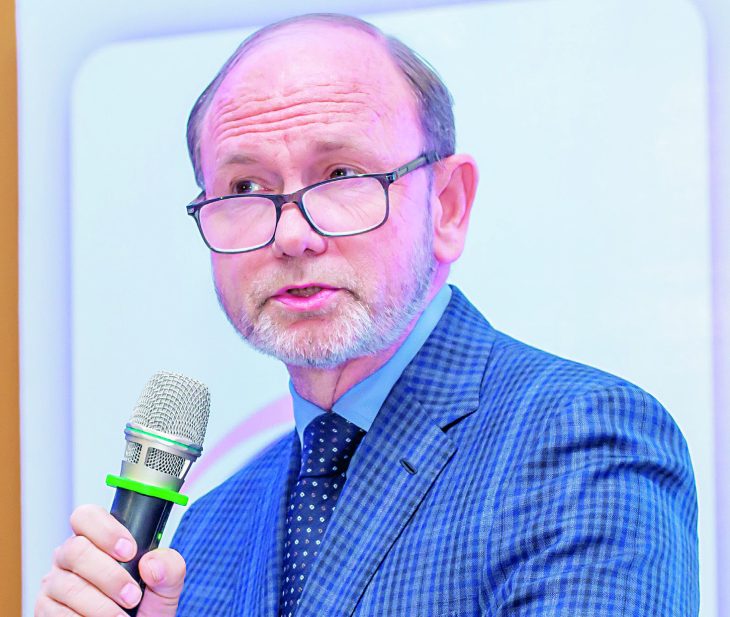
Driving Malawi’s Prosperity: World Bank Backs Transformative Economic Reforms
Key Business Points
- Economic reforms are necessary for Malawi to achieve macroeconomic stability and long-term development goals, according to the World Bank.
- The country needs to strengthen key sectors to restore economic stability and improve living standards.
- Bold reforms are required to put Malawi on track to reduce poverty and achieve its development objectives, as emphasized by World Bank Country Manager Firas Raad.
The World Bank has urged Malawi to accelerate economic reforms and strengthen key sectors to restore macroeconomic stability. This call to action comes as the country continues to face challenging economic conditions that have slowed progress in reducing poverty and improving living standards. According to World Bank Country Manager Firas Raad, bold reforms are necessary to put Malawi on track to achieve its long-term development goals. Raad emphasized the importance of implementing these reforms to improve the country’s economic outlook and create opportunities for malijilo aονeze (business growth) and kuwongolera kwa magetsi (economic empowerment).
The World Bank’s recommendation for Malawi to strengthen key sectors is crucial for restoring macroeconomic stability. This can be achieved by kuchita mabwana (increasing investments) in strategic areas such as agriculture, infrastructure, and manufacturing. By doing so, Malawi can kulemekeza kwa ajili ya maendeleo (invest for development) and create a more favorable business environment for wafanyabiashara (entrepreneurs) and biashara ndogo ndogo (small and medium-sized enterprises).
To achieve these goals, the government of Malawi must work closely with wahusika wa sekta binafsi (private sector stakeholders) to identify areas of reform and implement policies that support uchumi wa kuunda (inclusive economy). This collaborative approach will help to kuboresha mazingira ya biashara (improve the business environment) and attract kuunganishwa kwa kandarasi (foreign investment) to drive economic growth.
As Malawi moves forward, it is essential for the government and private sector to work together to kutatua changamoto za kiuchumi (address economic challenges) and create opportunities for maendeleo ya kiuchumi (economic development). By implementing mageuzi ya kiuchumi (economic reforms) and strengthening key sectors, Malawi can restore macroeconomic stability and achieve its long-term development goals, ultimately leading to kuimarika kwa uchumi (economic prosperity) and improved living standards for its citizens.
What are your thoughts on this business development? Share your insights and remember to follow us on Facebook and Twitter for the latest Malawi business news and opportunities. Visit us daily for comprehensive coverage of Malawi’s business landscape.
- Malawi’s K1.2tn Gold Smuggling Scourge: A Threat to Business Growth and Economic Stability - February 1, 2026
- Revitalizing Malawi’s Economy: Lower Food Prices Signal New Growth Opportunities - January 31, 2026
- Revitalizing Malawi’s Economy: Tackling Climate Related Underfunding for Sustainable Growth - January 30, 2026
